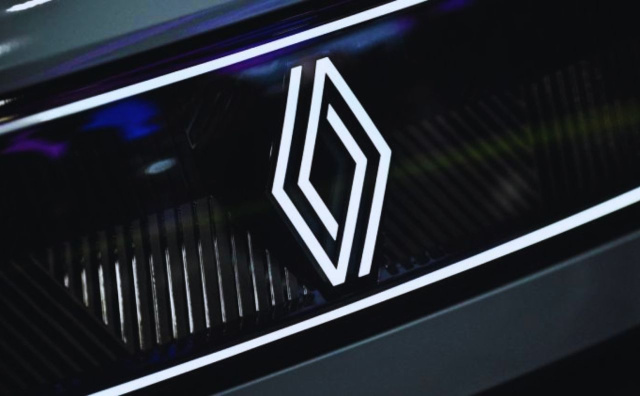
Renault may soon pivot from automobiles to aerial defense, with reports suggesting the French carmaker is exploring a role in manufacturing drones in Ukraine as part of a joint venture with a smaller French defense company.
The development, first reported by France Info, would see the creation of drone assembly lines on Ukrainian soil, intended to bolster the armed forces of both Ukraine and France.
Though the French Ministry of Defense has yet to officially confirm Renault’s involvement, French Defense Minister Sébastien Lecornu hinted at the collaboration during a June 6 interview with Le Monde.
He revealed that a “major French automobile manufacturer” would be joining forces with a defense SME (small and medium-sized enterprise) to launch a drone production operation in Ukraine, calling the initiative an “unprecedented partnership.”
Lecornu did not name the company, but sources close to the matter point to Renault as the likely participant.
In a response to media inquiries, Renault acknowledged that the French government had approached the company regarding the potential project. However, the automaker emphasized that no binding agreement had yet been signed.
“At this stage, we are evaluating the feasibility and implications of such a collaboration,” a Renault spokesperson stated. “No decision has been finalized.”
The partnership is seen as part of France’s broader effort to expand its support for Ukraine’s defense sector amid the ongoing war with Russia.
While specifics about the location and timeline of the proposed assembly plants remain undisclosed, the French defense ministry confirmed that any such operations would be safely located away from active conflict zones.
The production lines would be staffed by Ukrainian personnel, leveraging their extensive experience in both drone construction and battlefield deployment.
“There’s no need to send French workers,” Lecornu told Le Monde. “Ukrainians have already developed a unique expertise in this field. They are best positioned to lead the effort—not only in terms of manufacturing but also in shaping tactical applications.”
Indeed, Ukraine’s drone program has made rapid strides in recent years. In March, Ukrainian presidential advisor Oleksandr Kamyshin announced that local manufacturers now have the capacity to produce more than five million FPV (first-person view) drones annually.
These small, agile systems have played a critical role on the front lines, often used for reconnaissance and precision strikes against Russian targets.
Should the Renault-led initiative proceed, it could represent a significant milestone in Europe’s defense-industrial collaboration with Ukraine. Analysts say the move would not only help scale production but also deepen long-term industrial ties between the two nations.
“This is symbolic as much as it is strategic,” said Jean-Baptiste Villard, a defense analyst based in Paris. “If a mainstream automaker like Renault joins the effort, it could reshape how we think about dual-use industries in wartime.”
As Ukraine continues to push for greater military and economic cooperation with its Western partners, the prospect of European manufacturers setting up production inside the country marks a bold shift—one that may define the future of the continent’s defense landscape.